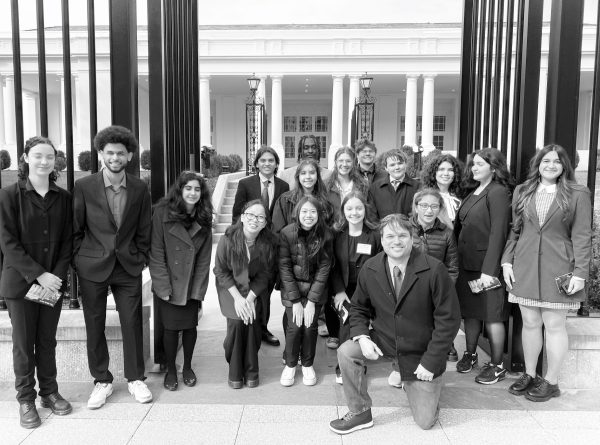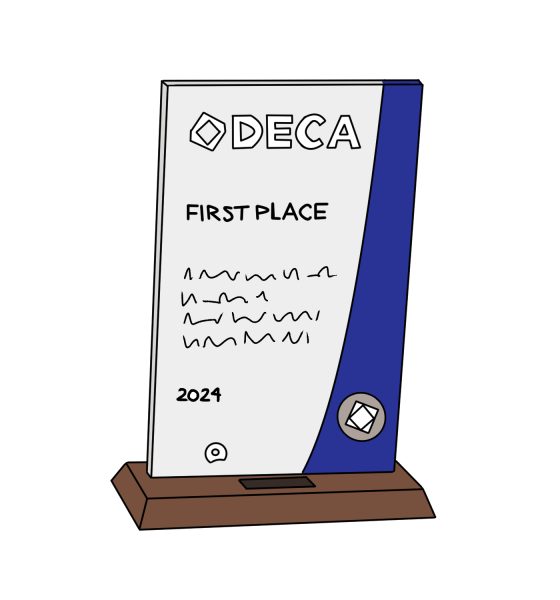Newly created AP class brings controversy
March 24, 2023
For the past 70 years, AP courses have centered on Eurocentric history, with courses like U.S. History and European History, even though the U.S. and Europe share only 16% of the world population. There is only one broad history course, World History, but given the expansive size of the Earth and the numerous countries, cultures, and societies, critics believe much depth isn’t given to most ethnic communities. This leaves around 84% of the world untaught in modern AP courses.
But this may change with the introduction of a new course, AP African American Studies.
“This class is a great opportunity. Parts of African American history often get overlooked or taught at a very shallow level and this is a good way to dive deeper into that history,” AP Human Geography teacher Brittany Fannon said.
The College Board claims that this new AP African American Studies course may help aid this disparity by evaluating the history of Black experiences, the diversity of African societies before transatlantic slavery, the African diaspora, and social reform and freedom movements.
“This course examines different perspectives of history, and perspectives of our past are important to understanding our present. If we understand our past better, we know where to go from here and how to be the type of people we would like to be,” AP World History teacher Peter Kurtz said.
According to College Board, this course can increase college course enrollment in the field of African American studies, since students who take AP classes are more likely to study that topic in college as well. This course is scheduled to be introduced to all students in 2025.
“Many gaps exist in our educational systems in the United States since our population has changed so much over the last 100 years and our schools need to catch up. I would love to see more culture and diversity brought into our schools through the curriculum, the everyday routines, the celebrations, and more,” counselor Robin Klym said.
But, with the introduction of this course, many states and conservative politicians have taken issue with a few of the subjects it was originally meant to cover. Topics like queer Black history and Black Lives Matter were called into question by Florida governor Ron DeSantis, who recently banned this AP course within the state of Florida, and bands of people claiming this course teaches CRT and indoctrinates students. To counteract this, College Board quickly removed many of the contested topics.
“In general, there is a lot of controversy in education right now. I believe this is due to both parents and governments wanting to control what their students are learning since public schools are being paid for by the state,” Fannon said.
Politicians on the left also have dissected this course and claimed it does too little.
At Liberty, though, most history teachers have an optimistic view on this course.
“This class is 100 percent beneficial for students. You cannot teach American history without the experiences of African Americans because so much of American history is ingrained in African American history,” Fannon said.
As seen by the positive response by Liberty’s history teachers, there are high hopes for this new course to be implemented in our own halls. But much is to be anticipated regarding the topics within it and what befalls states less willing to compromise on them.












